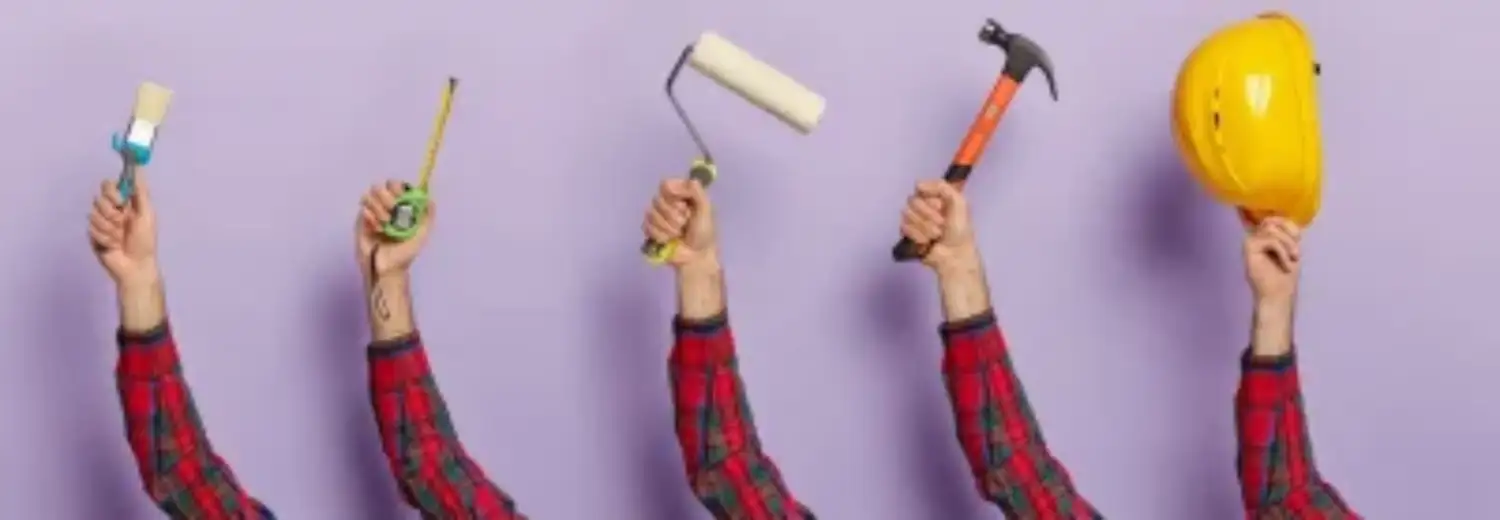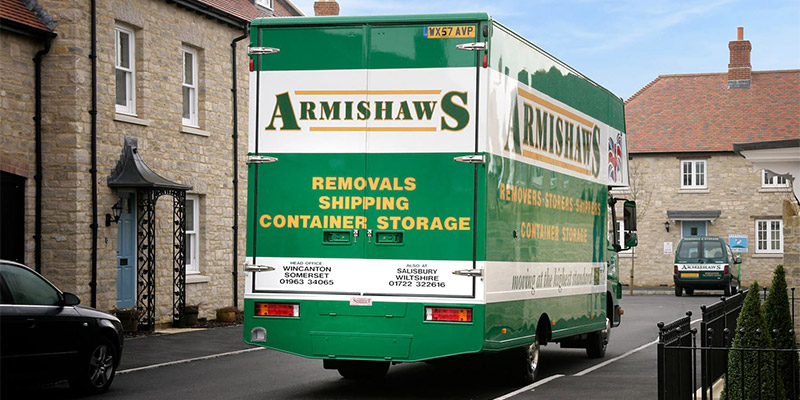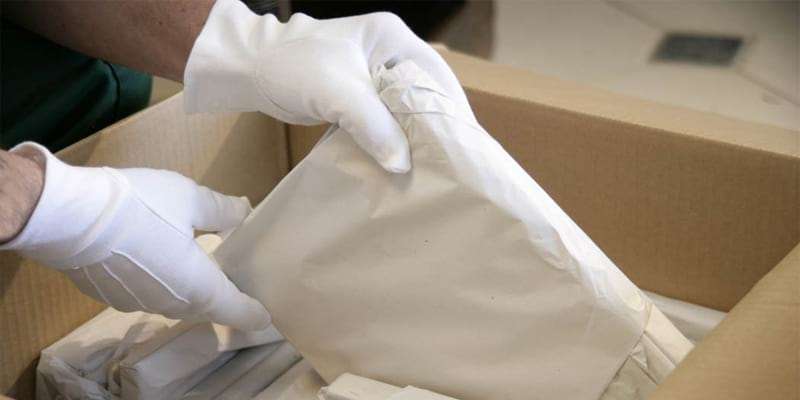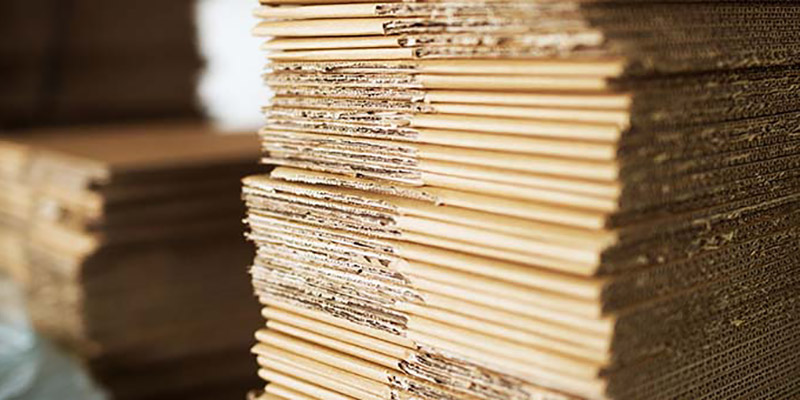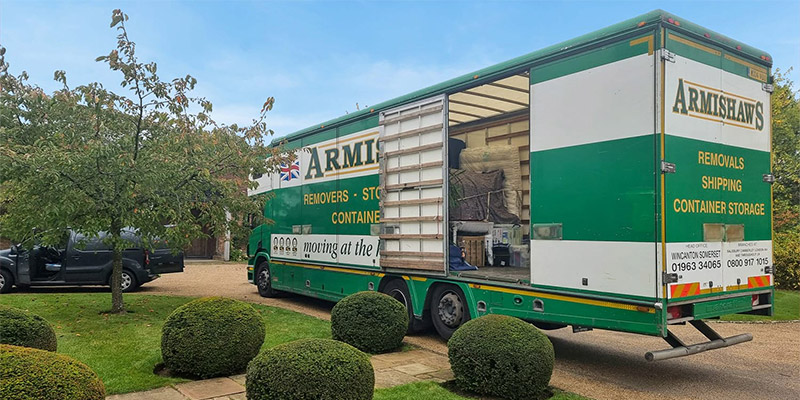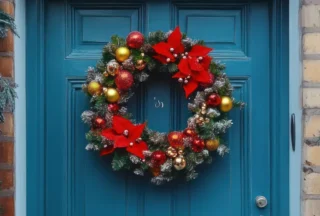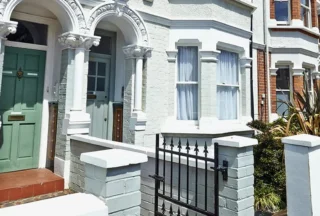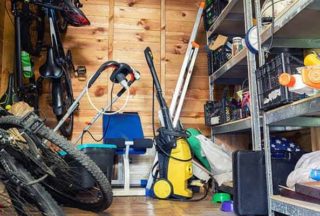11 Weird House Building Superstitions
All houses have their strange quirks, the single squeaky floorboard, the mysterious switch that doesn’t actually do anything, but along with their unique character, many houses were built with curious traditions.
Here are some of the strangest house building superstitions from around the globe.
Sainted Medals
While some people wear sainted medallions for personal protection, in many countries necklaces of St Joseph and St Benedict were traditionally buried in the foundations to bless the new home. As the patron saint of carpenters, Joseph is believed to ensure a strong construction. St Benedict medals are believed by some to ward off evil spirits.
Buried Wealth
One repeating superstition found across the world is the idea of burying coins in the foundations to bring the homeowners good fortune. In some versions, coins are placed under the doorstep to encourage wealth into the home.

Stair-raising Superstition
Housebuilders in the Philippines are very careful with the number of stairs, which are counted in threes “Oro, plata, mata” meaning, gold, silver and death. Superstition states that the topmost step must not end in mata (death), as this will surely bring bad luck to the new occupants. It’s also unlucky for there to be 13 stairs.
Triskaidekaphobia
Housebuilders in the Philippines are very careful with the number of stairs, which are counted in threes, “Oro, plata, mata,” meaning, gold, silver and death. According to superstition, the topmost step must not end in mata (death), as this will surely bring bad luck to the new occupants. It’s also unlucky for there to be 13 stairs.
Buy-Day The 13th
Did you know the fear of the number 13 is reflected throughout our homes. Many people won’t buy a house that is numbered 13. Some property developers simply skip number 13 as statistics show it will sell slower and on average for 2% less than houses numbered 11 and 15. 28% of British streets don’t have a number 13 (check your street). While less than 5% of high-rises in New York have a 13th floor.

Thank You
Topping out ceremonies began in Scandinavia where builders would celebrate reaching the top and finishing point of the house by hanging a bough to thank the forest and tree dwelling spirit for allowing the use of the wood. The tradition is occasionally observed by different trades such as masons, brickies and carpenters and always to mark to reaching the highest point.
Chinese Numbers
In China, 8 is a lucky number and homes with 8 in the number tend to fetch a higher price. Chinese buyers will also often include 8 in the final fee. 4, 17, 19 and 53 are all considered unlucky (not great news if you were born on the 17/04/1953).
Long & Winding Road
Chinese gardens often have winding paths and houses built with curved rooves, both of which are said to confuse spirits who can only travel in straight lines.
That’s The Spirit
In parts of Southern Asia, ‘spirit houses’ are built close to homes to give dead ‘guests’ somewhere to live away from the main house (“Mum! Great-great-great-great-grandma’s floating around the garden again!”).
Exit This Way
Back in the Philippines, spirits were thought to hide in low, dark places, so special escape routes were often built into basements to allow ghosts and spirits to leave.
Which Witch
In Europe, housebuilders were more worried about the living, witches to be precise. Mummified cats, animals’ hearts pieced with iron nails, pots of urine… all manner of anti-witch totems were buried within the chimney or under the hearth to prevent the pointy-hatted harridans away. A ‘witch’s crook’ was another tactic, essentially building a bend in the chimney to stop witches flying down it.

